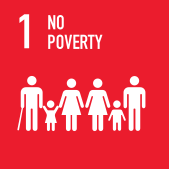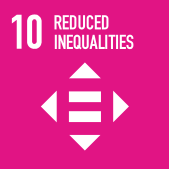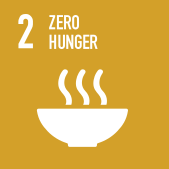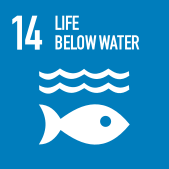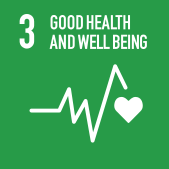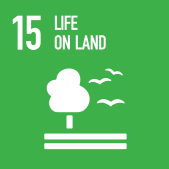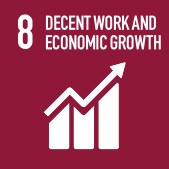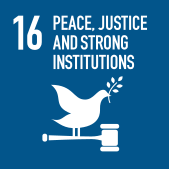
The World Tourism Organization
Tourism has the potential to contribute, directly or indirectly, to all of the Sustainable Development Goals. It is mentioned in particular in the targets of goals 8, 12 and 14, which relate, respectively, to shared and sustainable economic growth, sustainable consumption and production patterns and the sustainable use of oceans and marine resources.
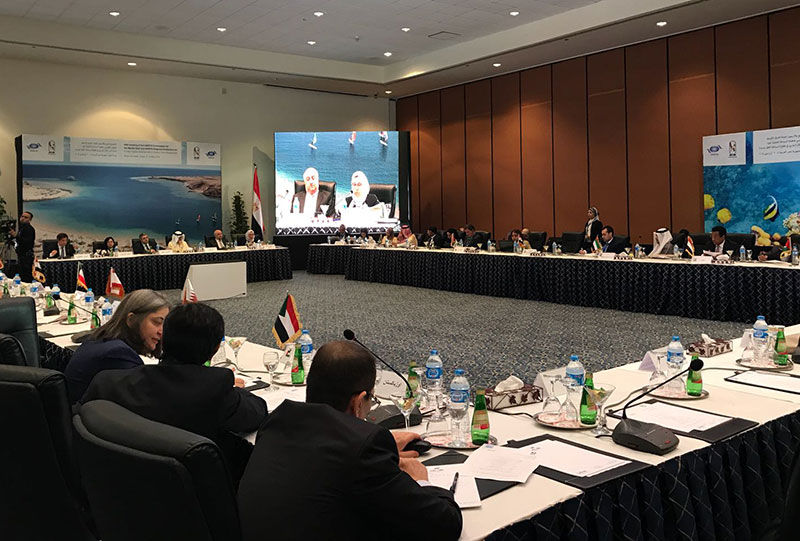

The 3 main objectives of sustainable tourism:
2 / Respect the socio-cultural authenticity of the host communities, conserve their built and living cultural heritage and their traditional values, and contribute to intercultural understanding and tolerance.
3 / Ensure viable long-term economic operations, which provide all stakeholders with equitably distributed socio-economic benefits, including stable jobs, income opportunities and social services for host communities, and which contribute to poverty reduction.
Achieving sustainable tourism is a continuous process and requires constant monitoring of impacts, introducing the necessary preventive and / or corrective measures whenever necessary.
Sustainable tourism also aims to maintain a high level of satisfaction of tourists and ensure them a meaningful experience, by raising awareness of sustainability issues and promoting among them sustainable tourism practices.
The methodological framework
Carrying a global vision, Invictus aims to master environmental and social issues at each stage of your event, from transport to communication:
• Transport
• Infrastructures, interior architecture
• Reception and technical equipment
• Catering
• Event
• Communication
